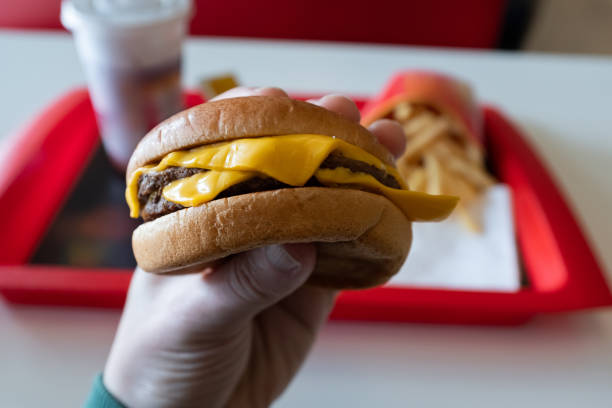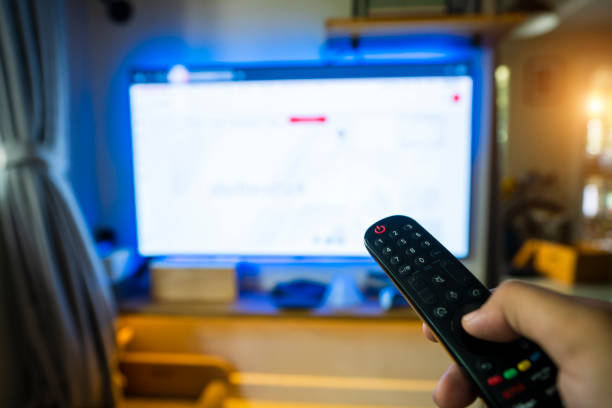ITEMS THAT HAVE BECOME TOO EXPENSIVE DUE TO INFLATION
Matt Case - October 10th - 6:43am PST
WASHINGTON — As U.S. inflation rates surge, consumers are questioning the value of once-favored products and services, with names like Netflix, McDonald’s Happy Meals, Starbucks, and health insurance now under scrutiny.
The sentiment is echoed in a viral Reddit thread asking: "Given the rising costs, what items are no longer justifiable?" Within days, over 28,500 respondents shared items they now deem too pricey. This digital outcry comes in the backdrop of a 3.7% inflation rate, a figure significantly exceeding the Federal Reserve's 2% goal.
Fast food was among the most contentious topics, with the leading comment asserting that prices have risen to levels nearing those of sit-down restaurants. This sentiment, receiving 23,300 upvotes, sparked debates comparing the likes of McDonald's and Applebee’s.

Airbnb saw criticism for their rising costs and add-on fees, making traditional hotels with amenities like gyms and pools more appealing to some users.
On streaming services, the discussion highlighted the uptick in subscription costs, with platforms like Netflix and Disney+ announcing price hikes. Amazon Prime Video's decision to incorporate ads, allowing users to opt out by paying an extra $2.99 monthly, was also a contentious point.

The topic of children ignited passionate conversations about the increasing cost of living and child-rearing. Responses highlighted the high costs of daycare and the challenge of raising children on an average income.
Concert ticket pricing drew attention to hidden fees. In a bid to address this, President Joe Biden earlier met with giants like Ticketmaster to discuss transparent "all-in" pricing.

For lattes, some users advocated for at-home alternatives, citing outrageous prices at local coffee shops.
The automobile market drew criticism for the inflated prices of both new and used cars, with anecdotes of soaring prices over the years.
Lastly, health insurance was unanimously criticized, with some claiming the offered insurance rates were more burdensome than going uninsured.

